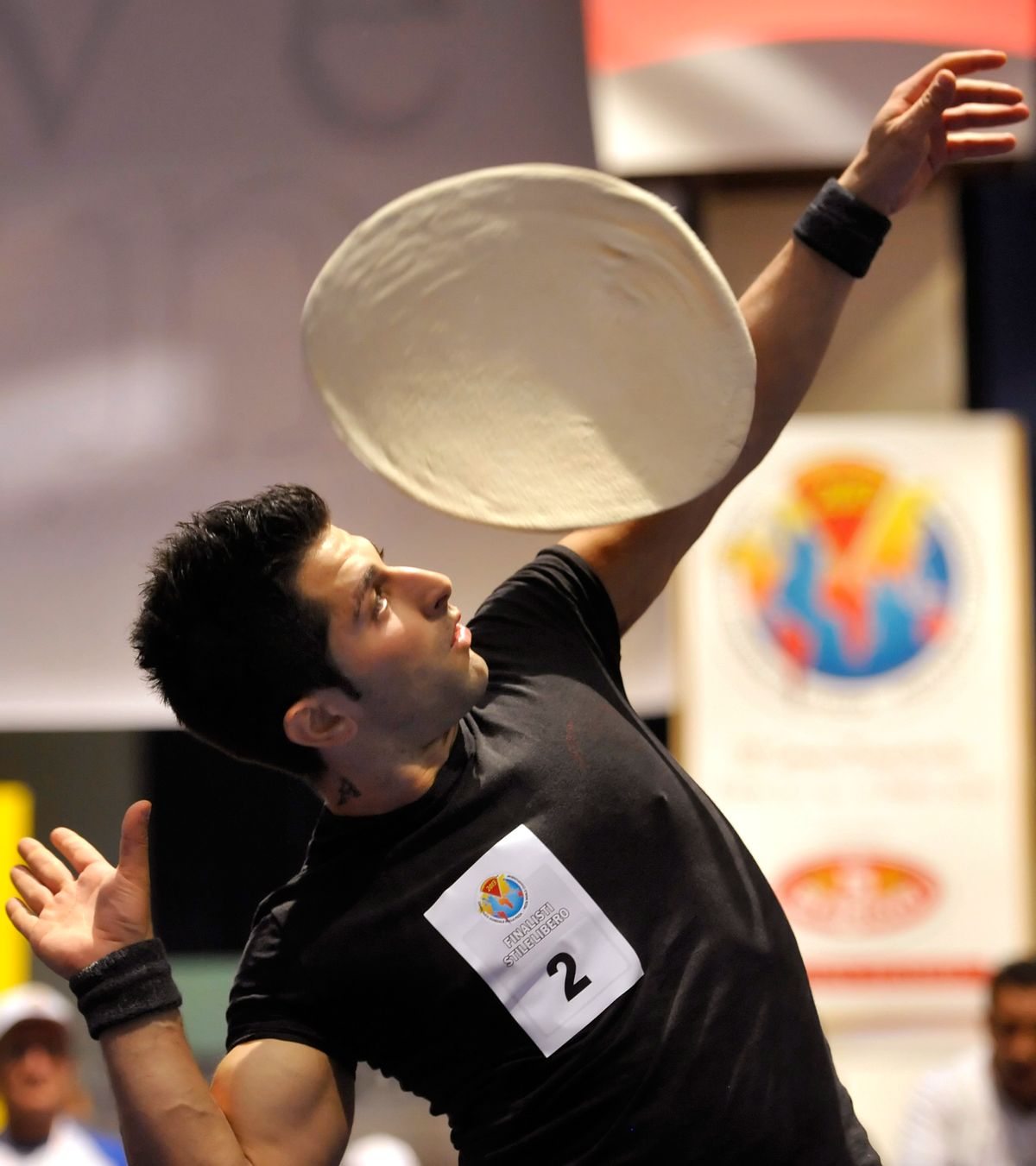Water Cooler: Tips and skills to learn as a beginner home cook

Learning to cook is a journey. Only through a bit of trial and error do you learn your favorite methods for preparing and cooking food the way you prefer and aspire to. That said, trial and error can be much more fruitful when you have a little guidance, so here are some skills, tips and habits that are handy to learn as a beginner home cook.
Studying different cuisines. This is especially helpful if you ever feel stuck in the kitchen. Learning a new cuisine can broaden your understanding of different methods, textures, use of ingredients and flavor combinations which will in turn inform your personal cooking style.
You can start out by trying the food within a cuisine from local restaurants if you have access to them. That gives you an idea of the staple flavors and dishes, as well as variations on them between styles. Then seek out cookbooks that are centered around that cuisine and provide expert insight into its traditions, evolutions and regional specialties. Watching YouTube channels focused on a cuisine can be helpful because it gives you a visual aid for learning specific cooking techniques.
Learn to love cooking from scratch. Making the transition into consuming mostly homemade meals can take some adjustment because it takes work and time to plan out lists of ingredients for shopping, then come home to prep, cook and clean up. Over time though, your appreciation for using whole and ideally fresh food may begin to increase.
This isn’t to say you can’t still enjoy a drive-through burger on a regular basis, but the taste and quality of home cooking, as well as your growing skill set, will make the work feel more worth it. It can seem complicated with foodie culture urging home cooks to always source high-quality, fresh and organic ingredients, but any whole ingredients, whether they be frozen, canned or fresh, will make your effort in the kitchen a worthy investment in personal nutrition and increases the value of your food expenditures.
Learn the functions of your oven. An oven can be undervalued for its ability to control temperature and yield different results. Low temperatures are great for slow cooking things like tough cuts of meat. Higher temperatures can be used for browning and giving roasted items more texture. Fan-assisted ovens can cook faster than conventional ovens that only use natural convection from a top and bottom heat source. You can use only the bottom heating element for foods that require crispy bases. Broil or grill settings are essential for toasting or browning, or quickly melting ingredients. Oven control is just as valuable of an element as controlling stove-top temperatures.
Get acquainted with dough feel. Baking encourages precision for a reason. If you want consistent results, you need reliable measurements. As you practice baking and making different types of doughs for things like breads, pies, tortillas, pasta and pastries, you will learn how to make small adjustments to factors like hydration and texture by feel. This is handy when you make mistakes or the ingredients or environment yield different results than expected.
Venture into making sauces. Not only can good sauces save an otherwise lackluster meal, they are an essential element to many signature dishes. You can get better flavor and better value when making a sauce, such as salsa or pasta sauce, from scratch rather than buying a prepared version at the store.
Taste as you go. Keeping a spoon handy to taste your food in different stages while you cook can teach you a lot about the impact of various steps and seasonings. It also helps prevent you from overcooking or seasoning too much and to make adjustments to recipes.